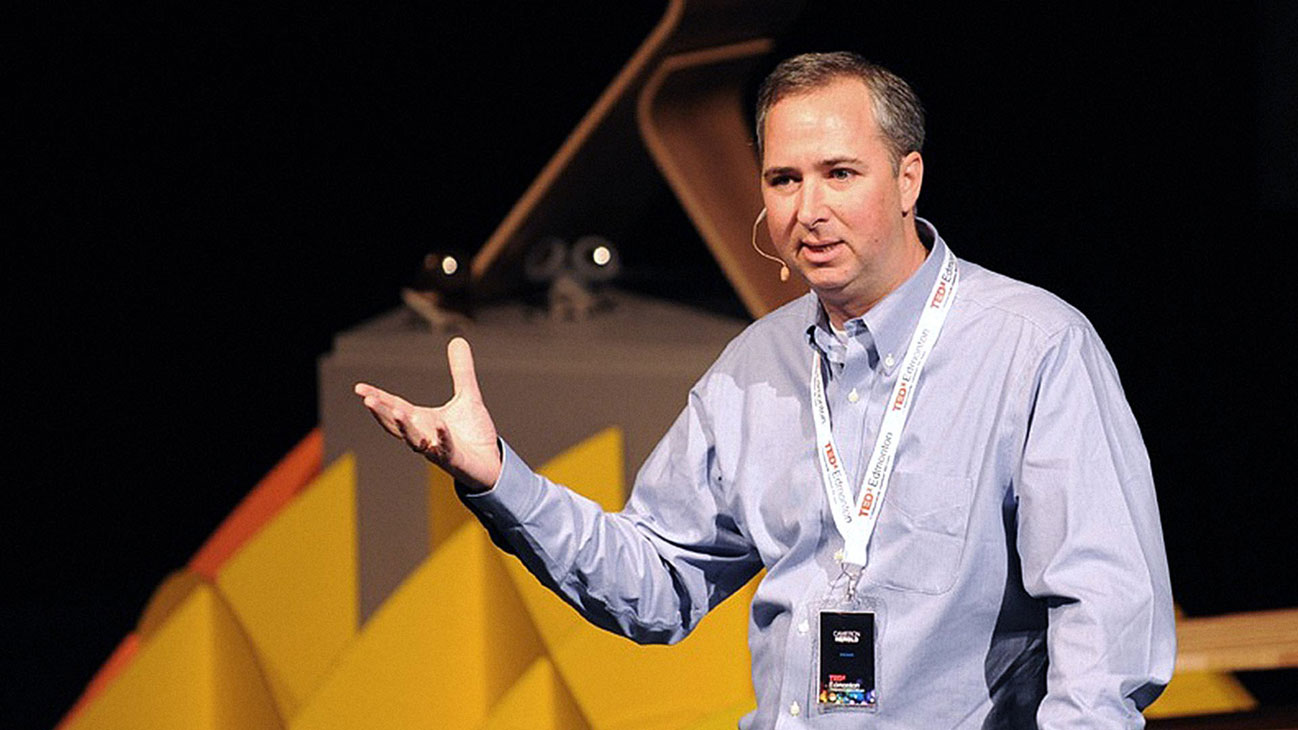Cameron Herold has been a growth guru to multiple $100 million dollar companies. One of the most sought after business minds in the world, for over 20 years he has been coaching the top entrepreneurial CEO’s on the planet, guiding them through the process of hyper-growth. The founder of BackPocket COO and the former COO of 1-800-GOT-JUNK?, Herold is also no stranger to information overload. Here, he shares his tips to keeping your email inbox–and your mind–clear of clutter so you can focus on what really matters in your workday:
Why do you have thousands of emails in your inbox? Keeping them all in your inbox is clutter–it’s like keeping all your physical mail in the mailbox, and having to dig through it constantly to see what is new. The following is what I advise the CEOs and their employees that I mentor do to handle their email volume. Try it and see if it works for you.
When I go to my Inbox, I handle the emails by using one of my “Four Ds”: Delete, Delegate, Do, and Drag:
Delete – prior to doing anything else, ask yourself if you even need to do anything with a particular email. If no, then delete it.
Delegate – if an email needs to be dealt with, it doesn’t need to necessarily be dealt with by me. I delegate it to someone else, whenever I can.
Do – if an email needs to be dealt with right away, then respond to it right away. Formulate your answer, and hit send. Then delete the prior email from your Inbox–you’ll always have copies of it in your All Mail or Sent or Delete folders. You don’t need to keep it in your Inbox, distracting you forever.
Drag – if you don’t have time to deal with an email right away, consider dragging it to one of these folders: End of Day, End of Week, Follow Up, or Casual Reading.
- End of Day is a folder where the emails in it will get dealt with starting at 3pm or later, and you’ll have them handled by the end of the day.
- End of Week is a folder where you’ll handle the emails starting on Thursday or Friday, and you’ll have them dealt with by the end of the week.
- Follow Up is a folder with emails you have flagged, to follow up with later on–no real action other than following up on the action items is needed.
- Casual Reading is a folder with emails you might or might not read. Every few months I delete any that are older than three months, knowing if I haven’t had time to look at them by then, I likely never will.
Try it this system. It works much better than keeping everything in your Inbox, and you’ll feel much more organized, too.

